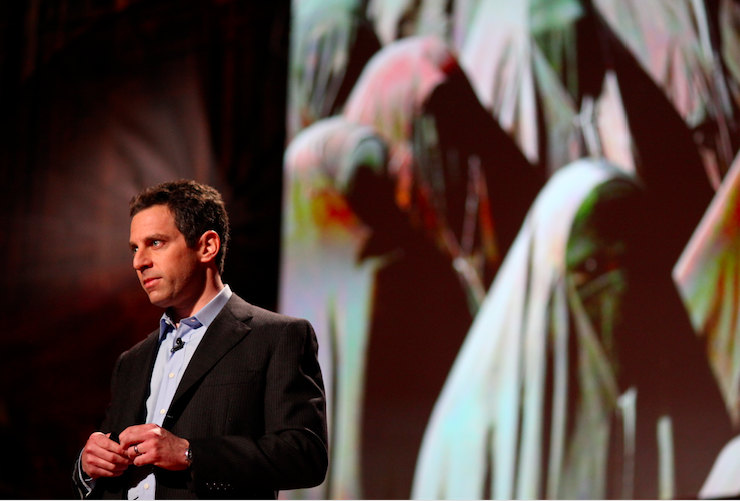Thoughts on morality
Can morality be objectively judged, and if so, what standards can we use to judge it? Neuroscientist Sam Harris claims to have the answer. I’ve known about Harris previously for his unscrupulous reputation of being a raging Islamophobe and generally making loads of inappropriate comments about areas other than neuroscience. Despite these shortcomings, and lack of reputation as an ethicist, I found that Harris made some interesting, but contested, points about morality.
His main argument contends that morality can be decided by whether or not an action will increase or decrease human well-being. In other words: human well-being is, to some extent, objective. And up to this point, I mostly agree with him: some actions are known to cause a great deal with human suffering.
Take torture as an example: there are no situations in realistic terms in which torture can increase human well-being. According to Harris, it is correct to view torture as a morally reprehensible act because it is only ever committed with the purpose of causing human suffering. If we follow this line of reasoning, then it appears that human morality is based on objective fact. Therefore, we can look to science to answer moral questions.
However, there are some places where there are holes in this sort of approach to morality. The biggest one, in my opinion, is the exact definition of well-being versus that of suffering. While having some common threads, it can be different for each individual. Some might say that their definition of well-being comes from experiencing the most pleasure possible. Others might define well-being as the actualization of an individual, and yet others might define well-being as devotion to a higher cause. For most people, their personal definition of well-being would be a collection of different values that sometimes work in tandem and sometimes conflict with each other. Well-being is subjective and so it wouldn’t be very wise to choose a single definition of well-being and apply it to all humans.
If we were to, say, choose pleasure and longevity as the “objective measures” of well-being, then the perfectly moral thing to do would be permanently uploading our minds into a supercomputer where we would experience nothing but pleasure until the end of time. If we were to universally define well-being as spiritual connection with a higher power, then the optimally moral society would be one totally dedicated to the worship of a god. Both scenarios will seem like a paradise to some, and a living nightmare to others, and this is where this “objective” moral judgement system starts breaking down. Harris’ argument relies on two premises:
- A) Morality is all about improving the well-being of conscious creatures.
- B) It is possible to have an objective judgement of well-being.
Leading to the conclusion: we can know what is objectively moral.
If you’ve been paying attention, you might notice that I’ve already kind of accepted the utilitarian premise A as true. Usually, I wouldn’t do this, but for now, morality is “how to maximize well-being” for the purpose of my argument. However, we can already see that the human condition is far too complex to be molded into a one-dimensional dichotomy of “bad” or “good.” At best, we can objectively make some judgements of how to live, but these judgements will ultimately be miniscule in the scope of the whole human experience. And we certainly didn’t need a bunch of roundabout explanations to get to that conclusion.

A senior, Chris is joining The Talon as a Columnist. He would have been happy just doing whatever he’s told to do, but unfortunately, he’s required...











